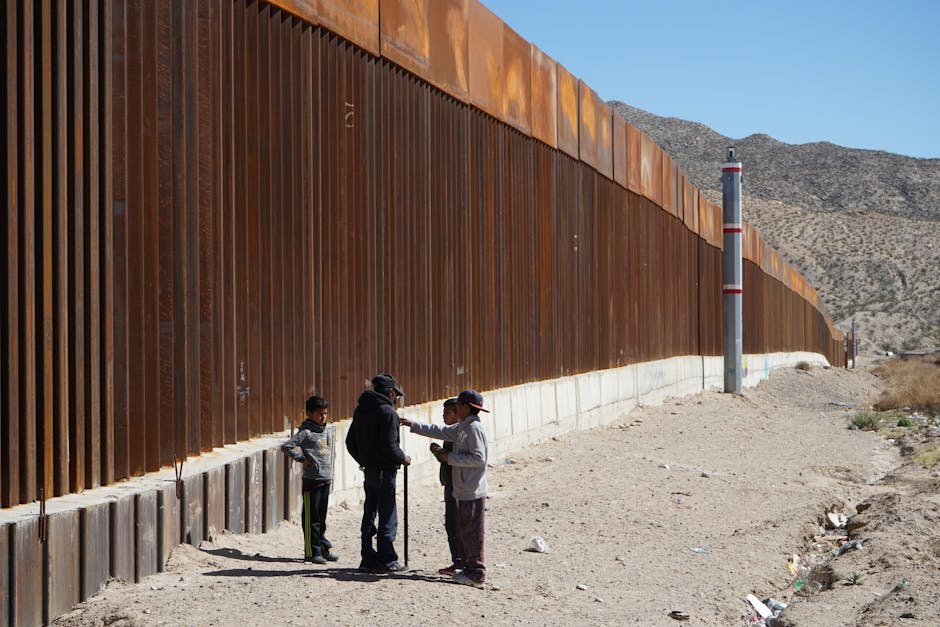The rise of social media platforms has irrevocably altered the landscape of political communication. No longer are political actors confined to traditional media outlets; a vibrant, if often tumultuous, digital sphere now allows for direct engagement with the public, fostering new forms of interaction and, crucially, reshaping political discourse. This article will delve into the multifaceted role these platforms play in shaping public opinion, influencing policy debates, and potentially driving political mobilization.
A primary function of social media in the political arena is its capacity to bypass traditional gatekeepers. News cycles are compressed, information spreads rapidly, and individuals can become instant commentators, reporters, and activists. This democratization of information flow has enabled previously marginalized voices to gain prominence. Candidates and political parties can directly address constituents without relying on intermediaries like television news channels or print publications, allowing for a more personalized and immediate connection. This direct engagement is particularly crucial for grassroots movements and independent campaigns, offering a platform to circumvent the often significant financial barriers associated with traditional media buys.
Yet, this democratization has also presented unique challenges. The speed at which information travels online means that misinformation and disinformation can spread with alarming rapidity. Algorithms, designed to maximize user engagement, often prioritize sensational content over factual accuracy. The potential for echo chambers, where users are primarily exposed to viewpoints that align with their own, amplifies existing biases and further polarizes public opinion. The curated nature of online feeds, tailored to individual interests, can insulate individuals from dissenting perspectives, leading to a fragmented and potentially uninformed public discourse.
Beyond the spread of information, social media platforms are increasingly tools for political mobilization. Organised protests, rallies, and campaigns are often launched and amplified through social media. Platforms provide a central hub for coordinating efforts, disseminating updates, and recruiting participants. The immediacy of these platforms enables swift responses to events, allowing for rapid mobilization and pressure on political actors. This has been demonstrably evident in various political movements across the globe, where online organizing has been a crucial component of activism and collective action.
However, this mobilization can also be manipulated. Targeted advertising, the creation of fake accounts, and the spread of propaganda are increasingly used to influence public opinion and manipulate political outcomes. The anonymity afforded by online interactions can embolden those seeking to sow discord or spread misinformation, making it difficult to discern credible sources from fraudulent ones. The ethical implications of using social media for political ends raise critical questions regarding transparency and the responsibility of platforms themselves in mitigating these risks.
Social media’s impact on political campaigns is undeniable. Candidates now employ dedicated social media teams to manage their online presence, engaging directly with voters, sharing campaign updates, and responding to criticism in real time. Public figures rely on these platforms for fundraising, garnering support, and shaping their public image. The power of social media in influencing election outcomes is growing, as voters increasingly use these platforms to research candidates, connect with like-minded individuals, and form their opinions.
Crucially, the nature of political discourse itself has evolved through social media. The ability to rapidly share and discuss political issues has fostered an unprecedented level of public engagement. However, this engagement isn’t always constructive. Online debates can often devolve into personal attacks, inflammatory rhetoric, and the proliferation of hateful speech. The lack of traditional journalistic filters can exacerbate these problems, making it more challenging to navigate the complexities of political discourse and potentially undermining democratic processes.
Examining specific examples across different countries is illuminating. The use of social media in campaigns in the United States, for instance, differs significantly from its role in emerging democracies. In countries with robust, well-established media ecosystems, social media tends to act as an amplifier, supplementing traditional communication methods. In regions with less developed media infrastructures, social media can be a more prominent and often necessary avenue for political participation and engagement.
The relationship between social media and political discourse is complex and multifaceted. It facilitates mobilization and engagement but also presents significant challenges, including the spread of misinformation, the polarization of opinions, and the manipulation of public sentiment. The potential for social media to both enhance and undermine democratic processes underscores the need for critical engagement with online information and a proactive approach to addressing the challenges it presents. Platforms need to adopt more stringent measures against misinformation, and users need to develop greater critical thinking skills in discerning credible sources from fabricated ones.
Ultimately, the role of social media in political discourse is a double-edged sword. While it provides unprecedented opportunities for engagement and mobilization, it also presents serious risks to the integrity of the political process. Understanding this dual nature is crucial for navigating the digital arena of modern politics and ensuring that these powerful platforms are used responsibly and effectively in service of democratic ideals. The future of political discourse, undoubtedly, hinges on finding a balance between the advantages and challenges of this evolving digital landscape.
